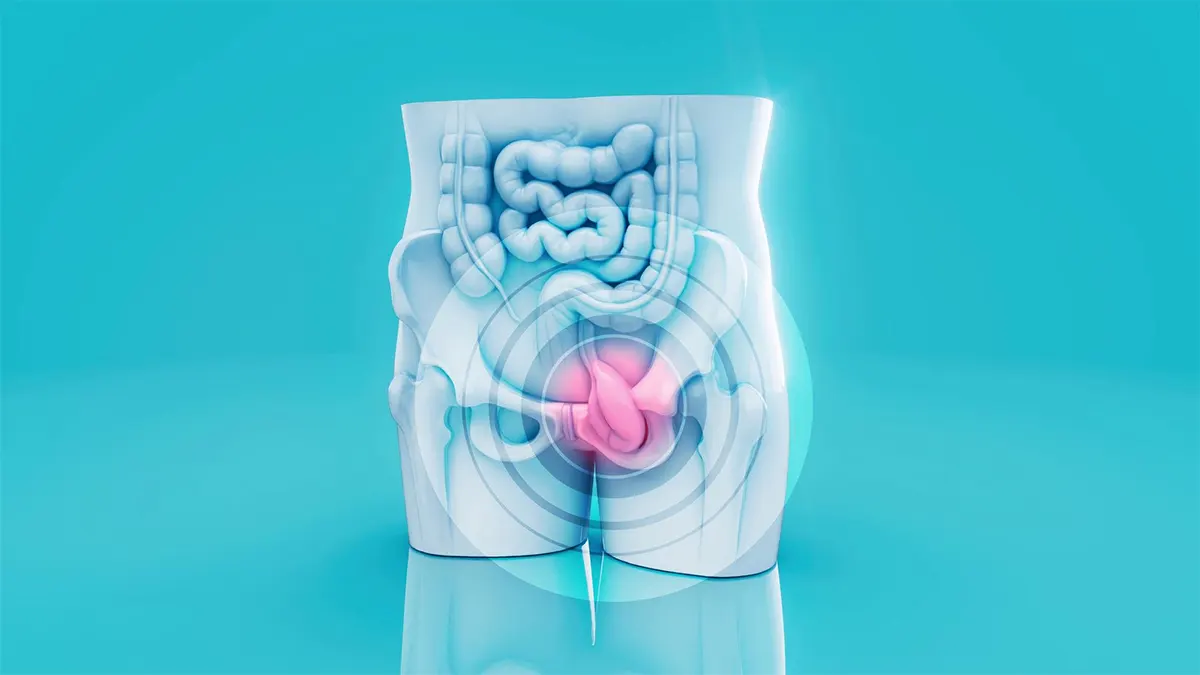-
 Mail us
Mail usinfo@myhealthhospitals.com
-
 Toll Free
Toll Free+91 9111674111
- Book Appointment
GI and Laparoscopic
A hernia occurs when an internal organ or tissue, commonly part of the intestine, protrudes through a weakened area of the abdominal wall. The most common type treated at our hospital is inguinal hernia, which appears in the groin region.
Hernias do not heal on their own. Without proper treatment, they may increase in size and lead to serious complications such as obstruction or strangulation of the intestine. Surgical repair is the most effective and permanent solution.

Inguinal hernias develop due to a combination of muscle weakness and increased pressure inside the abdomen. Common causes and risk factors include:
Identifying these risk factors early helps in timely diagnosis and prevents complications related to untreated hernias.
Symptoms of an inguinal hernia may vary depending on size and severity. Some hernias may be painless initially, while others cause significant discomfort.
Medical alert: Sudden severe pain, redness, or inability to push the hernia back may indicate strangulation and requires emergency medical care.
Diagnosis of inguinal hernia is primarily clinical and may be supported by imaging studies to confirm the type and severity of the hernia.
These investigations help surgeons plan the safest and most effective treatment approach.
Surgery is the definitive treatment for inguinal hernia. The choice of surgical technique depends on hernia size, symptoms, and overall patient health.
Watchful waiting may be advised only for very small, symptom-free hernias. Most patients benefit from timely surgical repair to avoid complications.
Groin or lower abdominal pain should not be ignored. Learn more about common causes of abdominal pain and when to seek medical care.
Although many hernias start with mild symptoms, they can suddenly worsen and become life-threatening. Immediate medical attention is required if you experience:
These signs may indicate strangulated or obstructed hernia, which requires emergency surgery to prevent damage to the intestine.
Call Now for Emergency Hernia CareNo. Inguinal hernias do not heal on their own. They occur due to a weakness in the abdominal wall and usually require surgical repair to prevent worsening or complications.
Yes. Surgery is the only definitive treatment for inguinal hernia. It helps relieve symptoms and prevents serious complications such as obstruction or strangulation.
Yes. Laparoscopic hernia repair is a safe and commonly performed minimally invasive procedure with benefits such as less pain, smaller scars, and faster recovery.
Most patients return to normal activities within 1–2 weeks after laparoscopic surgery. Open surgery may require a slightly longer recovery period.
Recurrence is uncommon, especially when mesh repair is used. Following post-surgery instructions significantly reduces the risk of hernia recurrence.
Strenuous exercise and heavy lifting should be avoided as they may worsen the hernia. Always consult your doctor before engaging in physical activity.
Seek immediate medical attention if you experience severe pain, redness, vomiting, or if the hernia becomes hard and cannot be pushed back.
If you cannot find answers to your queries, please fill out the ENQUIRY form or call the number below. We will contact you shortly
+91 9111674111Visit any of our My Health Hospitals branches for advanced medical care and expert consultations.
H.No 15-24-212, MIG-212, Rd Number 1, K P H B Phase 1, Kukatpally, Hyderabad, Telangana 500072
H.No:-12-5-30, WhiteHouse, Moula Ali Rd, South Lalaguda, Tarnaka, Secunderabad, Telangana 500017